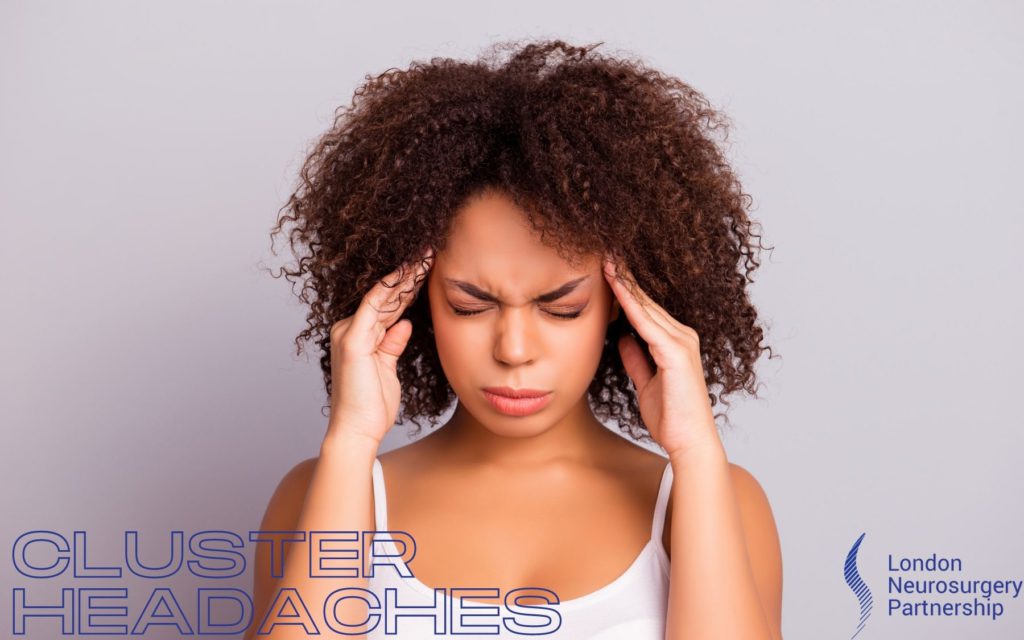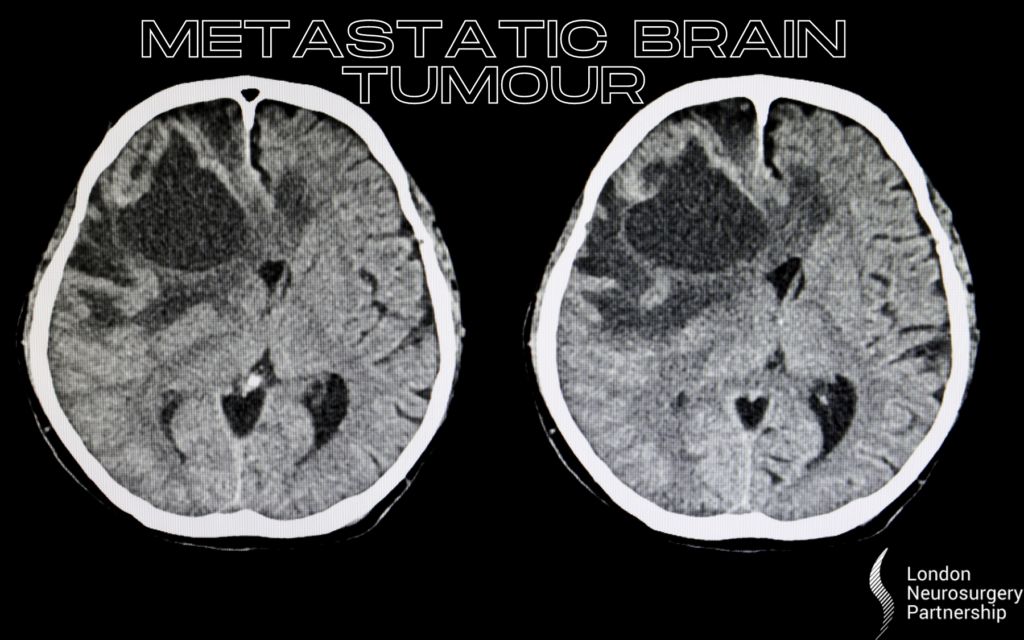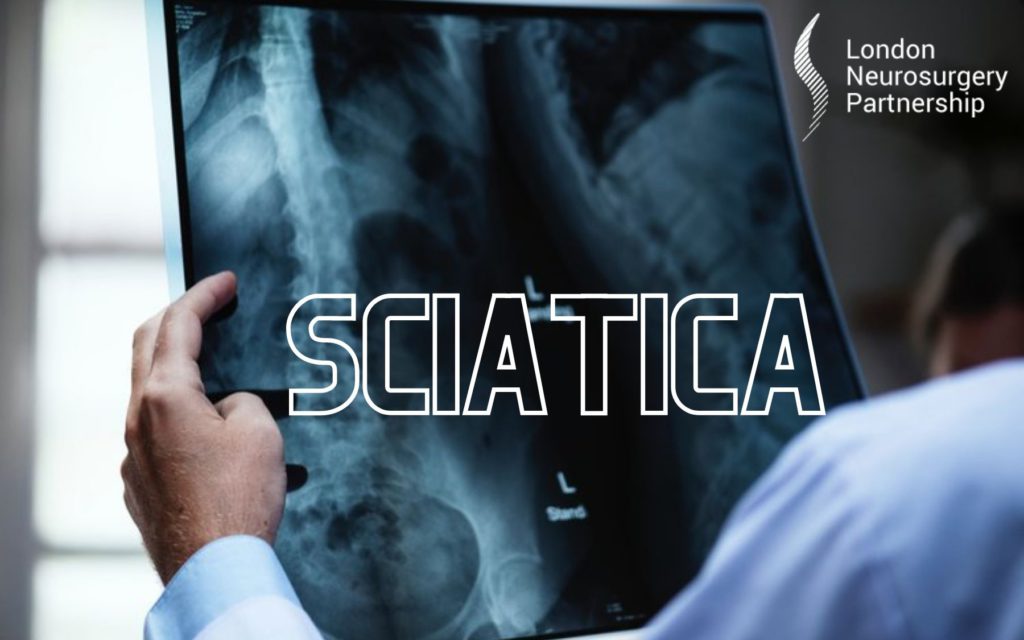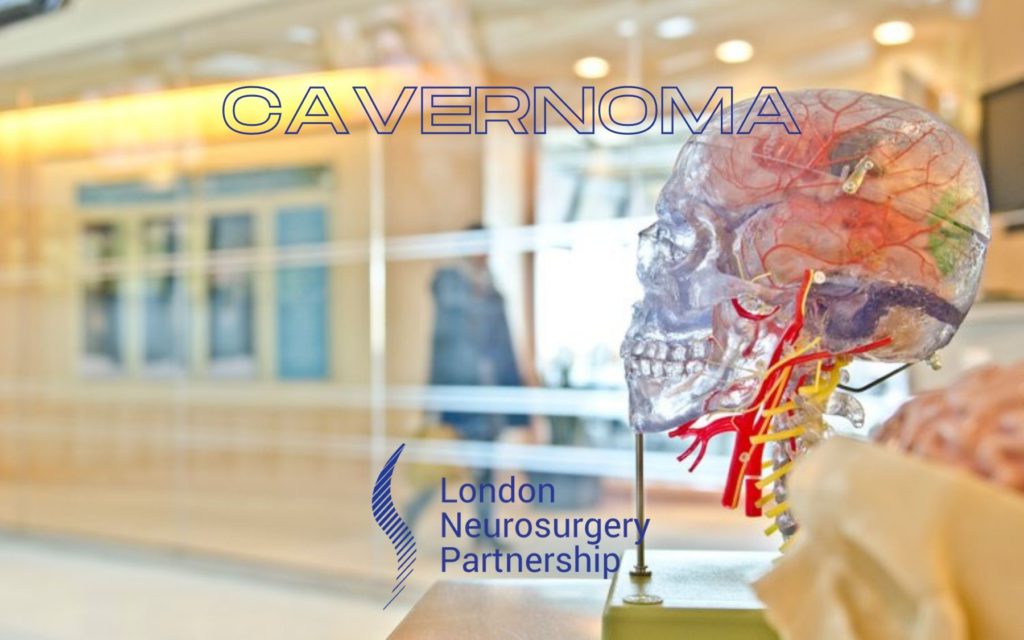
Cluster headaches are described as excruciating attacks of pain on one side of the head. These often occur around the eye. Although rare their symptoms are fierce and debilitating.
Who gets cluster headaches?
Anyone can get a cluster headache but they are more common in men and usually start during 30’s or 40’s and can be recurrent.
What are the symptoms?
Cluster headaches occur suddenly without any warning. The pain is usually a very sharp, severe burning or piercing type pain on the side of the head. Often this is around the temple and eye, sometimes spreading into the face. Cluster headaches happen in repeated attacks, usually on the same side of the head.
The headache pain is often accompanied with one or two of the following:
- Red and watery eye
- Blocked or running nostril
- Sweaty face
- Swelling or drooping of the eyelid
- Smaller pupil in one eye
Why do we get cluster headaches?
Perhaps the most frustrating part of cluster headaches is that the exact cause isn’t clear. There is a link with a part of the brain called the hypothalamus. This is a small region of the brain responsible for hormone regulation and maintaining body temperature. There may be a genetic link as these headaches do tend to run in families.
How often do cluster headaches happen?
They usually occur daily during a bout or attack. These bouts can last 4-12 weeks before settling down. During the bout the headache often happens at the same time each day. There can symptom-free periods lasting months or years but the headaches do often return and often at the same sort of times of year.
Do you need to seek medical advice?
If you think you are experiencing a cluster headache you should see a doctor. You may then be referred to a specialist such as a neurosurgeon or neurologist. They may perform further tests like blood tests or a brain scan to rule out other conditions. Usually with these headaches the scan looks normal.
Are there triggers for cluster headaches?
Sometimes they can be brought on by triggers such as alcohol, smoking and strong smells (perfume, petrol etc). It is suggested that avoiding the triggers can help prevent cluster headaches.
There are treatment options available (we will be covering these in a future blog so watch this space!).
This article is intended to inform and give insight but not treat, diagnose or replace the advice of a doctor. Always seek medical advice with any questions regarding a medical condition.
Back to spinal conditions.





0 Comments